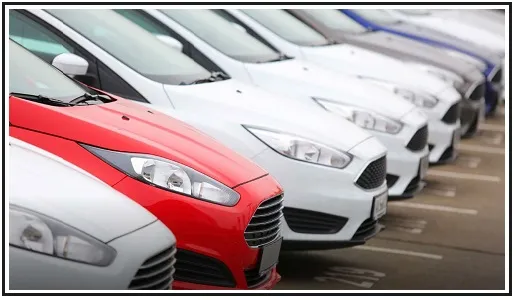A Consultative Committee of the Petroleum Ministry has submitted a report to the Indian government recommending the banning of diesel-powered four-wheelers in cities with a population of over one million by 2027.
The committee recommends promoting electric and gas-powered vehicles in these cities instead.
The report also suggests phasing out diesel-powered vehicles as soon as possible and focusing on compressed natural gas (CNG) until all vehicles go electric.
The committee believes that these steps will help India achieve net-zero carbon emissions by 2070.
The report also recommends that new registration of electric city delivery vehicles be allowed from 2024 and that greater use of railways and gas-powered trucks be promoted for cargo movement.
Committee Recommendations for Public Transport
The committee also recommends that city buses not running on electricity should not be added after 2030 and that diesel buses for city transport should not be added after 2024.
Long-distance buses will have to operate on electricity in the long run.
The report also recommends removing motorcycles, scooters, and three-wheelers that spread more pollution. However, the government has not yet accepted the report.
Other Recommendations
The committee recommended that the Indian government consider extending the incentives provided under,
the Faster Adoption and Manufacturing of Electric and Hybrid Vehicles (FAME) scheme beyond March 31 to promote the use of electric vehicles in the country.
The committee also recommended that India consider building underground gas storage equivalent to two months of demand to meet the demand for gas,
which is expected to grow at a compounded average of 9.78% between 2020 and 2050.
Construction projects of gas storage can be taken forward rapidly with the participation of foreign gas-producing companies if needed.
India’s Carbon Emissions and Goals
India is the fourth-largest carbon-emitting country in the world, with CO2 emissions per capita of 1.9 tons in 2019.
The committee’s recommendations are aimed at achieving net-zero carbon emissions by 2070, increasing the share of gas in the energy mix from 6.2% to 15% by 2030,
reducing total carbon emissions by one billion tonnes by 2030, and meeting 50% of the country’s total energy needs with renewable sources by 2030.
